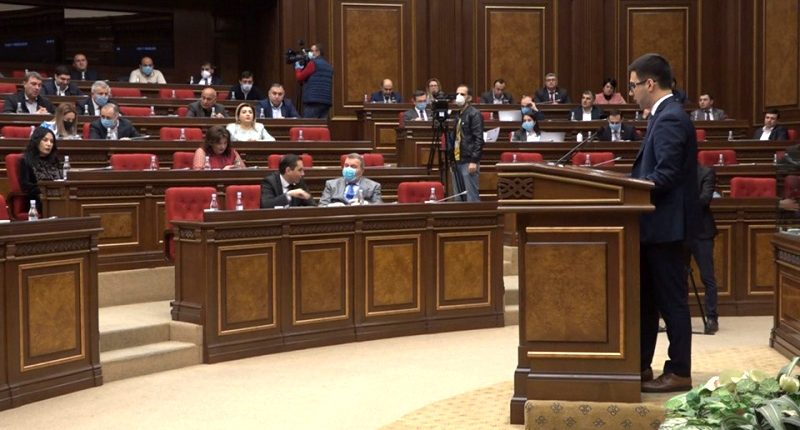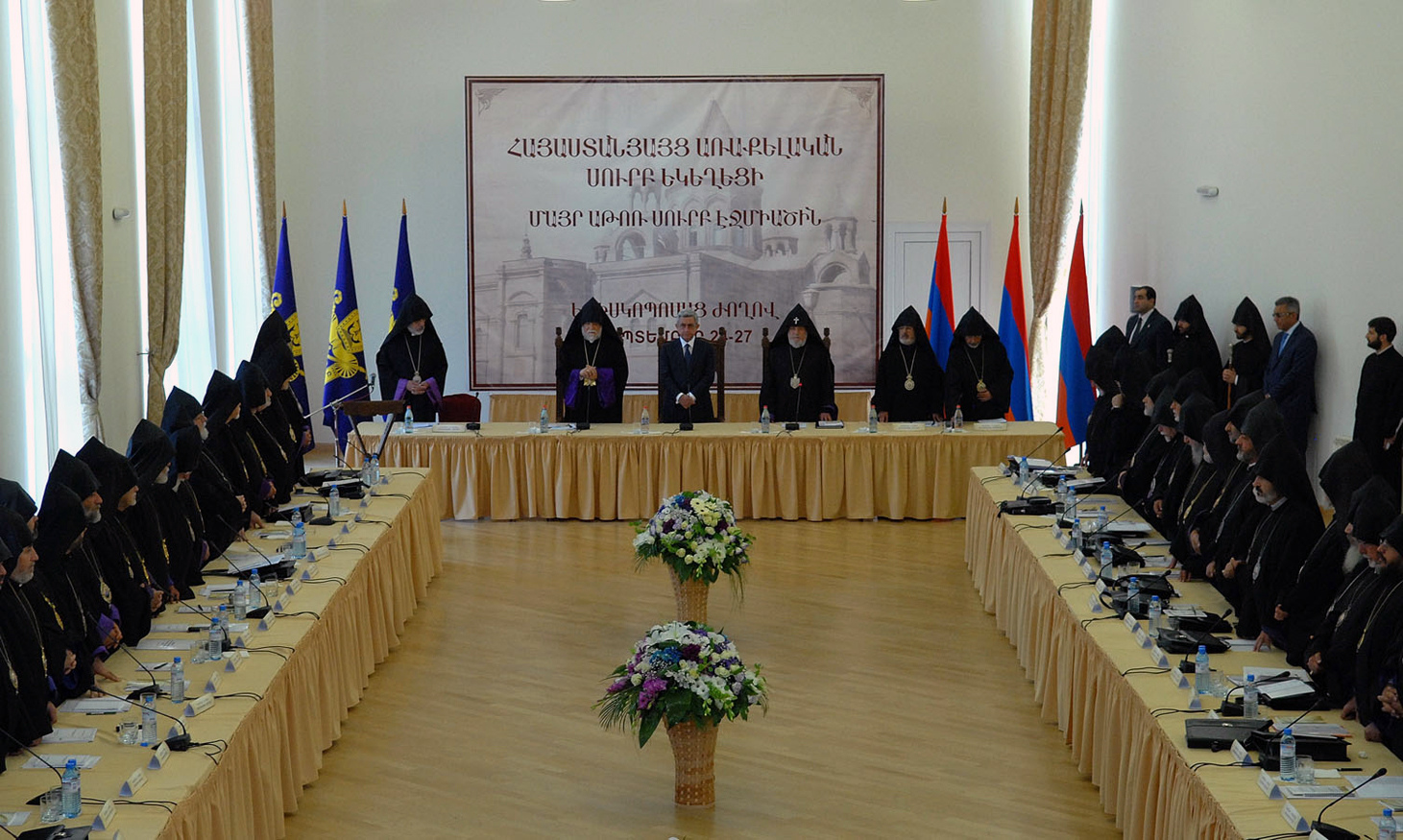YEREVAN (RFE/RL) — Armenia’s parliament on Monday allowed authorities to access personal data from people’s mobile phones for the purpose of stopping the spread of coronavirus in the country.
Under a government bill passed the National Assembly in the first reading, state bodies enforcing the coronavirus-related state of emergency will be able to track movements, phone calls and text messages of Armenians infected with the virus.
Presenting the bill to lawmakers, Justice Minister Rustam Badasyan said this will make it easier for them to identify and isolate those who have been exposed to infected individuals. He stressed that the authorities will not have access to the content of phone calls.
The two parliamentary opposition parties rejected this explanation, saying that the extraordinary powers sought by the government constitute a politically dangerous violation of citizens’ privacy and will not help to contain the epidemic.
“This is a regression of democracy,” claimed Naira Zohrabyan of the Prosperous Armenia Party (BHK). “Mr. Minister, withdraw this bill. What you want to do is meaningless.”
“We are against ceding our liberties,” declared Edmon Marukyan, the leader of the Bright Armenia Party.
“This will have a zero impact in terms of stopping the spread of the epidemic,” Marukyan said during a heated parliament debate. He argued that many Armenians use online voice and text message systems to communicate with each other.
Parliament speaker Ararat Mirzoyan and other senior pro-government deputies also questioned the wisdom of the bill.
“People who have been in contact with virus carriers may have been infected in shops or on the street,” said Narek Zeynalyan, the chairman of the parliament committee on healthcare. “Phone calls are not the only indicators of people-to-people contact.”
Nevertheless, the parliament approved the bill by 57 votes to 24, with one abstention. Lilit Makunts, the parliamentary leader of the ruling My Step bloc, said the bill will likely be amended before being passed in the final reading. Makunts said that she and her colleagues will seek explicit guarantees that all phone data collected by the health authorities will be destroyed after the epidemic.










